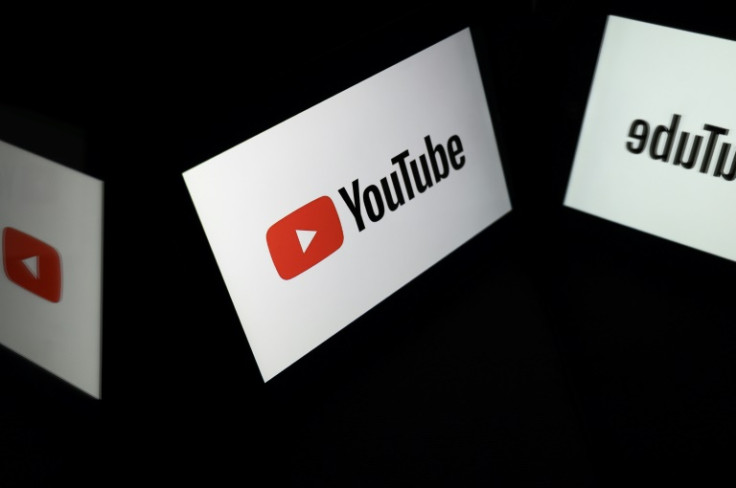YouTube Trials AI Tool That Clones Voices of Famous Singers
The experiment is being introduced at a time when artists and record companies are fighting back against the use of their voices in AI-generated content.

YouTube has tested an artificial intelligence tool that allows users to imitate famous singers, in a limited trial.
The experimental feature, named 'Dream Track', enables users to create short songs using AI by defining parameters such as mood and lyrical content.
"By simply typing an idea into the creation prompt and selecting a participating artist that appears in the carousel, an original Shorts soundtrack featuring the AI-generated voice of that artist will be produced for the creator to use in their Short," wrote YouTube executives Lyor Cohen and Toni Reid in a blog post.
So far, nine artists have permitted their voices to be "cloned" using "Dream Track" and only 100 creators in the US have been given access to the tool, which can solely be used to soundtrack videos on YouTube Shorts – the platform's rival to TikTok.
The timing of the launch is particularly interesting; it comes just 24 hours after YouTube announced it would start alerting viewers when they're watching a video made with AI.
To promote the new AI feature, the company released two sample videos created with Dream Track, featuring recognisable, but inferior, imitations of Charlie Puth and T-Pain.
The Puth track was generated by the prompt: "A ballad about how opposites attract, upbeat acoustic."
YouTube's head of music said the tool was designed to "test, learn, gain feedback and hear ideas" from artists and viewers.
The Dream Track software is powered by Lyria, a music generation AI model created by Google DeepMind, Google's London-based AI unit.
However, the experiment is being introduced at a time when artists and record companies are fighting back against the use of their voices and material in AI-generated content.
YouTube said this week that it would allow people to request the removal of videos that use AI to simulate an identifiable person, although it added that parodic content or deepfakes of public officials and well-known individuals might be kept up on the platform.
"In determining whether to grant a removal request, we'll consider factors such as whether the content is the subject of news reporting, analysis or critique of the synthetic vocals," the company said in a statement.
For now, the option to request such removals is only available to "labels or distributors who represent artists participating in YouTube's early AI music experiments", but it will be opened out in the coming months to more companies.
Alongside this, YouTube will soon require creators to disclose if their videos include "altered or synthetic content that is realistic, including using AI tools".
There will be punishments, from video takedowns to suspension from YouTube's partner program, for those who do not.
Their new Dream Track project aims to bypass the issue of copyright by seeking direct agreement from the artists to mimic their voices.
Last week, the Google-owned company also announced that they were working on an AI-powered chatbot that would offer additional information about videos you're watching. It is worth noting that the chatbot would only appear under select videos.
Since the release of ChatGPT in November 2022, AI has exploded into the mainstream discourse, and the technology has been developing at a rapid pace.
This has led some experts to express concern at the unregulated development of AI models and called for laws and guidelines to be introduced.
In a letter issued by the Future of Life Institute, the growing unease at AI's advancement was expressed, stating: "They should be developed only once we are confident that their effects will be positive and their risks will be manageable."
With this in mind, world leaders and tech specialists gathered as UK Prime Minister Rishi Sunak hosted the world's first 'AI Summit' in Bletchley Park, Buckinghamshire last month.
In the build-up to the conference, Sunak announced the establishment of a 'world first' UK AI safety institute.
YouTube has also been cracking down on ad blockers. Earlier this month, the video-sharing platform launched a global effort to block ad-blocking software.
It also appeared to be blocking Microsoft Edge users who had the "strict" tracking protection mode enabled from watching YouTube videos, in an attempt to clamp down on third-party programs.
© Copyright IBTimes 2025. All rights reserved.






















